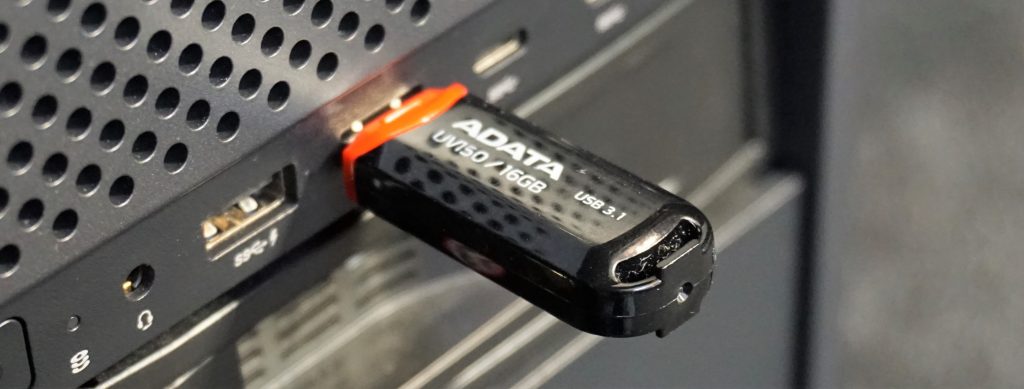Data backup is the best way of ensuring your data is kept safe and can be recovered in the event of a loss or failure. Our recommendation is to make a backup copy of your data as soon as you get home, and have multiple copies in different locations.
Any data storage device can be damaged and a subsequent loss of data is inevitable, the more copies you have the better. So what’s the best method of backup? Below are some options.
Computer backup
Once we’ve converted your tapes to digital files the first line of defense is to copy the data across to your computer, this is as simple as drag and drop the files to a folder on your computer.
DVD

- Insert the DVD in the optical drive
- Open windows explorer
- Right click on the DVD drive and select open
- Select the “VIDEO TS” folder and copy to a local folder on your system or Data drive
USB Drive

- Plug the drive into a USB port
- Open windows explorer / finder
- Copy the files to local folder or directory on your computer
Other backup options
- Make multiple copies of your data and store in different locations so in the event of fire or theft you have a off site copy.
- Use cloud storage such a google drive, one drive or dropbox. There are a lot of online options. There are costs associated with online data storage so make sure you read the fine print and don’t rely solely on cloud storage. Cloud storage should be another line of defence.
DVD’s, Bluray and CD are very susceptible to scratches and exposure to light, ensure they are kept in a cool and dry location out of direct sunlight.
USB Flash drives are prone to failure if not cared for and most importantly they must be “ejected” before removal from your PC. To remove a USB drive, right click on the drive in explorer and select eject, the computer will prompt you to unplug the drive when safe to do so. Unplugging the USB drive without ejecting will result in data loss at some point.
USB Hard drives use disc platters that spin at high speed, usually 7200 rpm, but can be between 5400 and 10000 rpm. Being a mechanical device it will fail at some point in time. Even SSD devices have a limited number of read / write cycles so are not guaranteed to retain data indefinitely.
There is no single, easy solution to data backup and recovery. It’s better to err on the side of caution than loose it all. The more copies in multiple locations the better.
Useful links
https://www.pcworld.com/article/135726/article.html
http://www.tandbergdata.com/default/assets/File/white_papers/WP_BackupGuide.pdf
DVD Conversions Limited will not be held responsible for data loss in any way.
In the interests of your privacy, we do not retain any customer files. Once the job is complete, we overwrite your files.
We will honour our commitments under the consumer guarantees act to replace faulty storage devices that fail during the warranty period. We cannot be held responsible for any data that is lost as a result of faulty drives or storage devices. It’s up to you to ensure that data backup policies are adopted and maintained to ensure the longevity of your digital files and data.